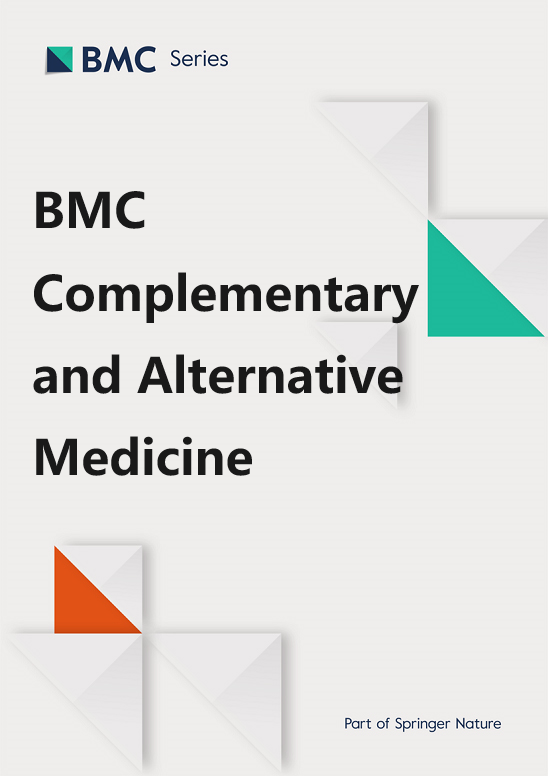Pasteurized form of a potential probiotic lactobacillus brevis IBRC-M10790 exerts anti-inflammatory effects on inflammatory bowel disease in vitro
IF 3.4
2区 医学
Q1 Medicine
引用次数: 0
Abstract
Inflammatory bowel disease (IBD) is a chronic, relapsing inflammatory disorder of the gastrointestinal system. So far, no treatment has been identified that can completely cure IBD. Lactobacillus brevis is hypothesized to be beneficial in preventing inflammation. This study aimed to evaluate the potential probiotic effects of live and pasteurized L. brevis IBRC-M10790 on the in vitro cell co-culture model of IBD. An in vitro intestinal model was established using a transwell co-culture system of Caco-2 intestinal epithelial cells and RAW264.7 macrophages. Inflammatory conditions were induced in RAW264.7 cells using lipopolysaccharide. The effects of live and pasteurized L. brevis IBRC-M10790 on inflammatory mediators and epithelial barrier markers were investigated. L. brevis IBRC-M10790 was able to significantly decrease the proinflammatory cytokines (IL-6, IL-1β, and TNF-α) and increase the anti-inflammatory cytokine (IL-10) in the in vitro co-culture system. In addition, L. brevis increased adherens and tight junction (TJ) markers (ZO-1, E-cadherin, and Occludin) in Caco-2 intestinal epithelial cells. Based on the results, pasteurized L. brevis showed a higher protective effect than live L. brevis. Our findings suggest that live and pasteurized forms of L. brevis possess probiotic properties and can mitigate inflammatory conditions in IBD.潜在益生菌乳酸杆菌 IBRC-M10790 的巴氏杀菌型在体外对炎症性肠病具有抗炎作用
炎症性肠病(IBD)是一种慢性、复发性胃肠系统炎症性疾病。迄今为止,还没有找到能够彻底治愈 IBD 的治疗方法。据推测,乳酸杆菌对预防炎症有益。本研究旨在评估活的和巴氏杀菌的布氏乳杆菌 IBRC-M10790 对 IBD 体外细胞共培养模型的潜在益生作用。利用 Caco-2 肠上皮细胞和 RAW264.7 巨噬细胞的 Transwell 共培养系统建立了体外肠道模型。利用脂多糖诱导 RAW264.7 细胞产生炎症。研究了活的和巴氏杀菌的 L. brevis IBRC-M10790 对炎症介质和上皮屏障标志物的影响。在体外共培养系统中,L. brevis IBRC-M10790 能显著降低促炎细胞因子(IL-6、IL-1β 和 TNF-α),增加抗炎细胞因子(IL-10)。此外,L. brevis 还能增加 Caco-2 肠上皮细胞中的粘连和紧密连接(TJ)标记物(ZO-1、E-cadherin 和 Occludin)。结果表明,巴氏杀菌法的乳头酵母菌比活的乳头酵母菌具有更高的保护作用。我们的研究结果表明,活体和巴氏杀菌型布莱维氏菌具有益生菌特性,可减轻 IBD 的炎症状况。
本文章由计算机程序翻译,如有差异,请以英文原文为准。
求助全文
约1分钟内获得全文
求助全文
来源期刊

BMC Complementary and Alternative Medicine
INTEGRATIVE & COMPLEMENTARY MEDICINE-
CiteScore
7.00
自引率
0.00%
发文量
0
审稿时长
3 months
期刊介绍:
BMC Complementary Medicine and Therapies is an open access journal publishing original peer-reviewed research articles on interventions and resources that complement or replace conventional therapies, with a specific emphasis on research that explores the biological mechanisms of action, as well as their efficacy, safety, costs, patterns of use and/or implementation.
 求助内容:
求助内容: 应助结果提醒方式:
应助结果提醒方式:


